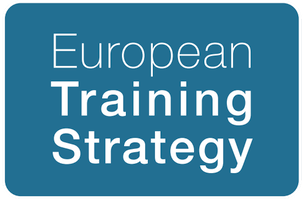

The single behaviours are summarised in different headlines that illustrate what “collaborating in teams” means for youth workers behaviour-wise. The “cluster headlines” do not name behaviours as such; these can be found through clicking on the lists.
Building a team requires its members to show sensitivity and support. + -
This means that as team members, youth workers:
- promote communication and collaboration amongst team members to nurture qualities and deal with resistance
- help build team spirit and trust
- request and offer support where needed
- coach colleagues – where possible and requested
- use their own privilege and power for the benefit of others
Working on and with the competences in the team increases the qualities of the work. + -
Youth workers:
- identify diversity, strengths and weaknesses in the team
- ensure that knowledge, skills, styles and preferences in the team are shared and communicated
- deepen knowledge of particular topics/issues
In case of unexpected/unpleasant situations, it is needed that youth workers both handle and pro-actively engage with them + -
Youth workers therefore
- demonstrate empathy
- act authentically
- apply feedback techniques
- receive and express criticism in an open, respectful and constructive way
- steer collective and individual emotions in a positive direction, including towards action where relevant
- deal with frustration in a constructive manner
- self-reflect on their own values, beliefs and attitudes
Resources and time are also needed for team building and teamwork. + -
Thus,
- youth workers allocate adequate resources to team building
- youth workers allocate adequate time to team building




